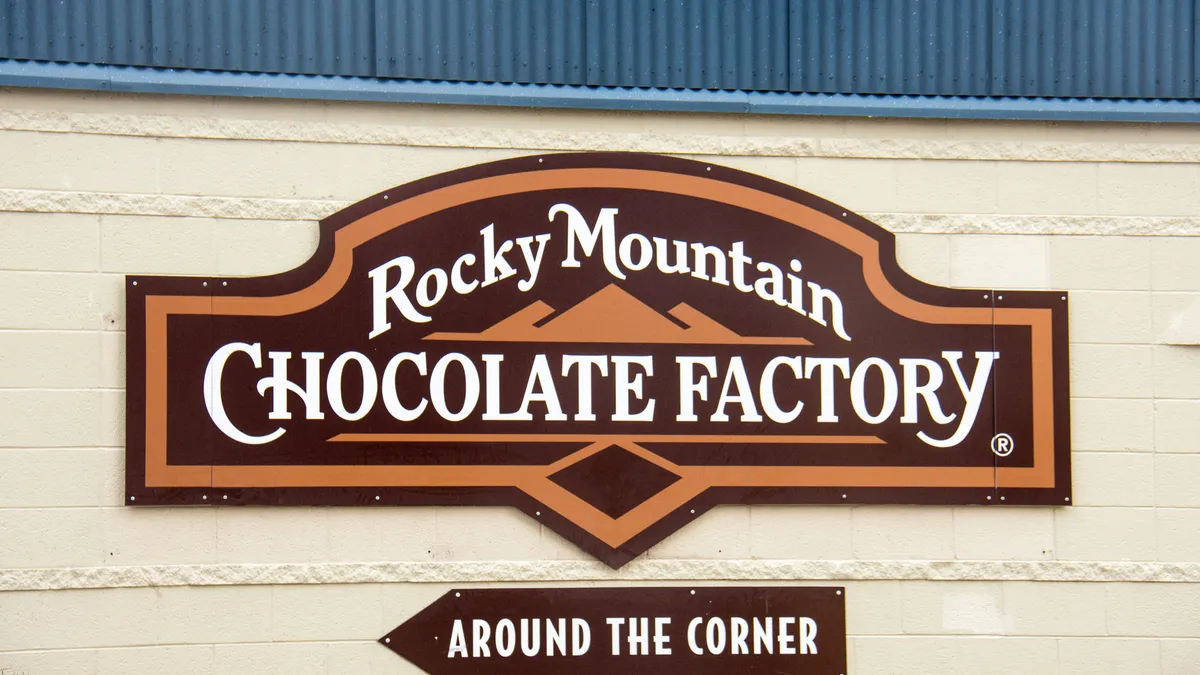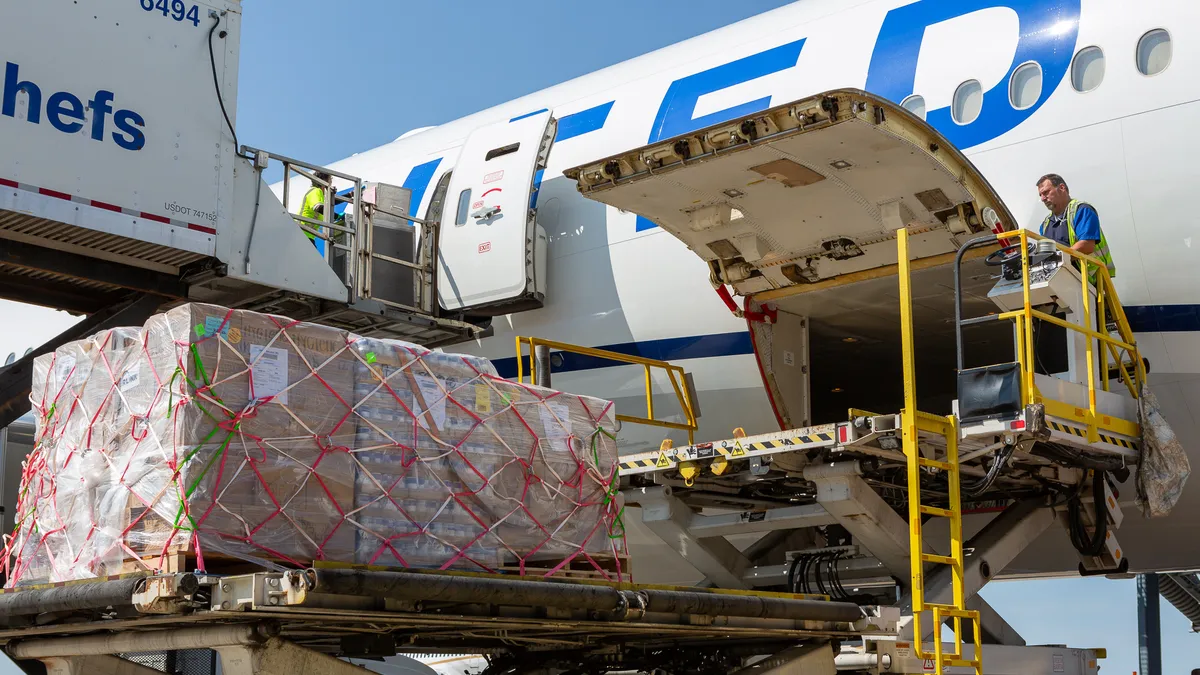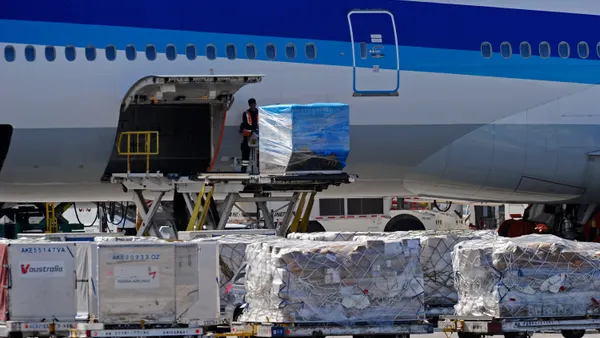Dive Brief:
- The rapid growth of the Center of Excellence for Independent Validators in Pharmaceutical Logistics (CEIV Pharma) has led the International Air Transport Association (IATA) to consider a similar certification program for other cold chain items, such as perishable foods, The Loadstar reports.
- The challenge of fragmentation among potentially participating countries is at issue, however, since such a program could be costly to implement. Pharmaceutical companies can more easily absorb such costs.
- Such a program could significantly reduce waste, which may ultimately bring retailers, shippers, and forwarders on board for such a program.
Dive Insight:
Establishing a handling standard for perishable foods could create greater traceability within the supply chain, as well as help eliminate waste.
Quality assurance standards vary throughout the world, making traceability for contamination a challenge. The challenge intensifies when suppliers are spread across the globe, all with differing ideas about refrigeration and transport necessities. In the process of tracking down the source of a contaminant, tremendous amounts of food are wasted for fear that they too carry the same parasite or germ. A global standard of handling could erase much of that waste, as an established system of source traceability could be employed to more quickly resolve public health hazards.
A further benefit to establishing a worldwide standard of handling within the cold chain involves waste in the form of poor storage. Thanks to the gap between harvest or picking time versus transport to market, by the time many perishables are put on a plane, they've nearly expired. That staleness is then exacerbated by potentially malfunctioning cold storage systems within local airlines, which have no oversight requirements for effective refrigeration. Requiring a temperature standard would help preserve these perishables, possibly aiding populations with a high degree of poverty-induced hunger.











